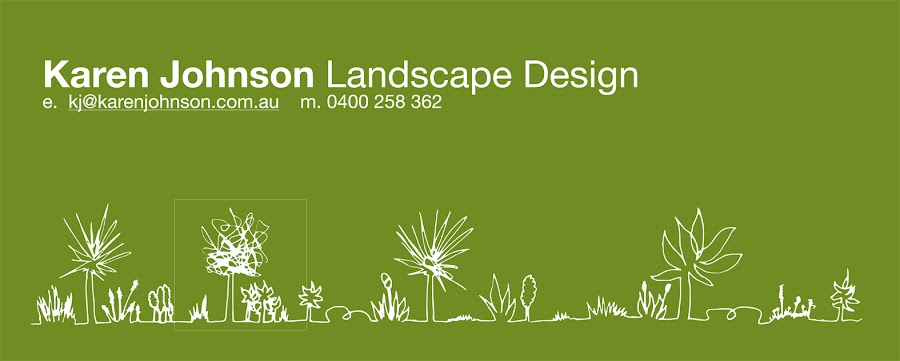I’m a great believer of minimum input for maximum effect. I’m always thinking of better ways of doing things. Call it laziness, but I prefer to think of it as maximising efficiencies and employing continuous improvement tactics.
When it comes to gardens, aside from manual labour I’m talking about inputs such as herbicides, pesticides, synthetic fertilisers, fuel and of course, water. I’ve mentioned water efficiency in an earlier post, so lets look at minimising these other inputs.
Where garden beds are managed by applying mulch and and planting groundcovers, the establishment of weeds is restricted and the need for chemicals reduced. That’s got to be good for all of us!
Strong, healthy plants whose basic requirements are met won’t have great need for pesticides. Pests tend to attack plants that are already under stress, whether that be due to lack of water, sunlight, oxygen or an imbalance of nutrients. So a little plant pampering doesn’t go astray.
By downsizing your lawn you won’t need to mow as much or use as much fuel. Incorporate a mowing edge eg. brick, and you won’t need to edge your lawn as the mower will do it all for you (mower wheels travel along brick edge).
Minimise the production of waste as well as the need for synthetic fertilisers. Recycle to make your own organic fertiliser: compost kitchen scraps, prunings, weeds, lawn clippings, etc., add some poultry or sheep manure, blood and bone and you get a wonderful brew your plants will love you for!
Two very different looking compost systems...each able to produce a wonderful brew!
